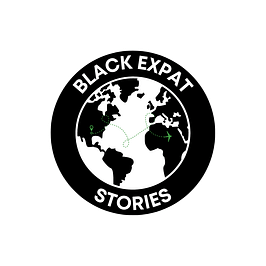Meet Adalia Aborisade, The Financial Educator and Solo Travel Expert in Mexico City
Adalia (originally from Houston, TX) talks shares why she chose the leave the USA, and why she's on a mission to empower women with the confidence to finance their move abroad and become financially free, all while living life on their own terms.
Also In This Episode:
- How she landed a job abroad (and why she decided to take a 60% pay cut initially to Blaxit).
- The initial response from her 15-year daughter when Adalia informed her of her decision to move abroad.
- Her perspective on financial freedom, and the approach she took to achieve it.
...and so much more!
Connect with Adalia: https://pickygirltravelstheworld.com/
Rate, Review & Share!
If this conversation resonated, please be sure to rate, review and share this episode!
Unlock An Exclusive Extended Interview With Adalia:
Upgrade your access by becoming a FRIEND OF THE SHOW and unlock bonus content, behind-the-scenes peeks, and more: https://blackexpatstories.com/support
Follow us and join the convo on social:
Instagram: https://www.instagram.com/blackexpatstories/
TikTok: https://tiktok.com/@blackexpatstories
Make sure you’re subscribed to our YouTube channel, so you won't miss another Black Expat Story!




